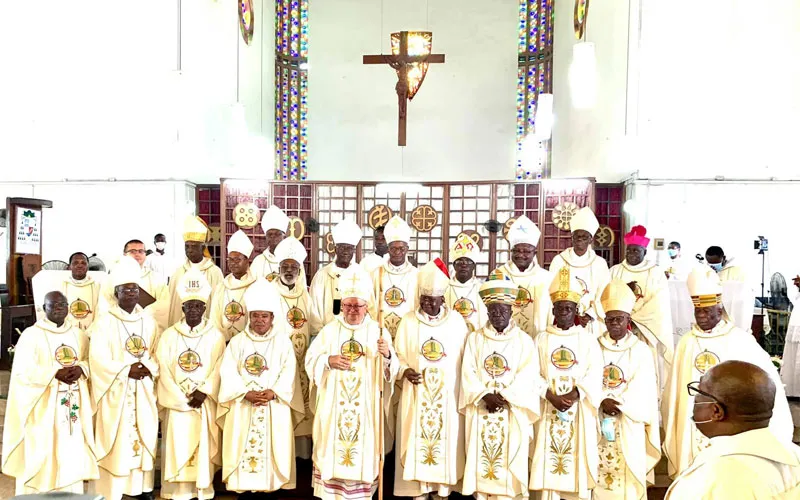Accra, 09 November, 2021 / 9:03 pm (ACI Africa).
The Catholic Church in Ghana has not been spared by the COVID-19 pandemic that has threatened to sink the country’s health and education sectors.
The members of the Ghana Catholic Bishops’ Conference (GCBC) have, in a statement, noted that various Dioceses that run schools and hospitals across the country have been affected by the pandemic.
In a Monday, November 8 statement that was read out by GCBC President, the Bishops say that various Catholic Dioceses in the country have encountered losses on various projects that had received huge funding.
“The Church being a key stakeholder in health delivery in Ghana has … been affected. Chaplains of hospitals and health workers have been directly affected, leading, in some cases, to loss of life,” Archbishop Philip Naameh said at the opening ceremony of the 2021 GCBC Plenary Assembly at the St. Andrew’s Cathedral of Ghana’s Wa Diocese.
According to the Catholic Bishops, the overstretching of infrastructure and the new deaths caused by the disease represent “an ever-growing threat in the ability of the church’s health services to respond to the health needs of their respective communities.”








